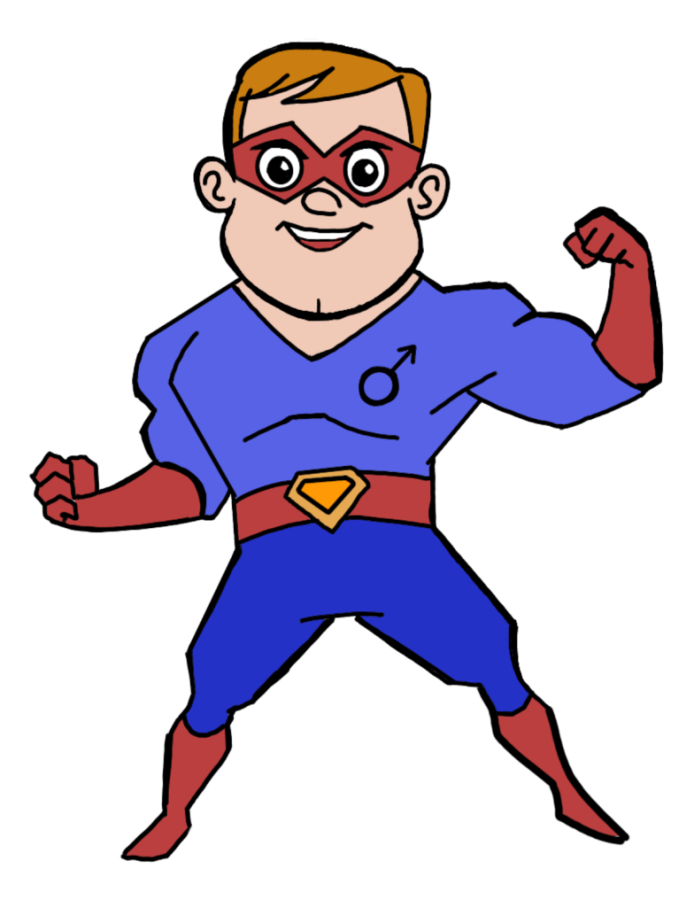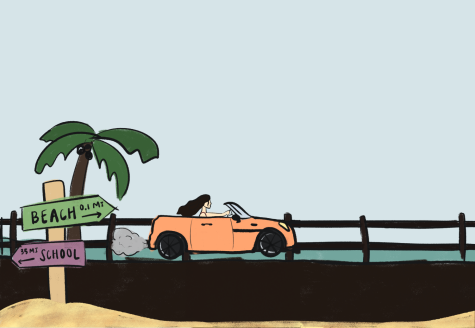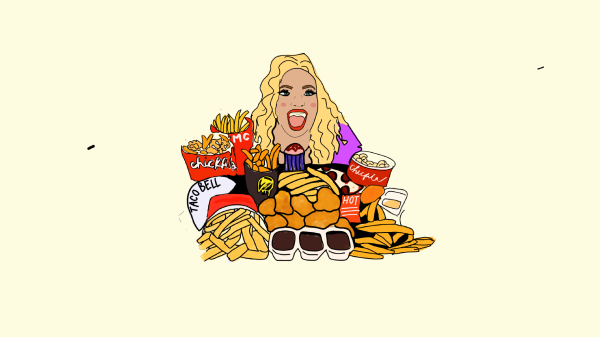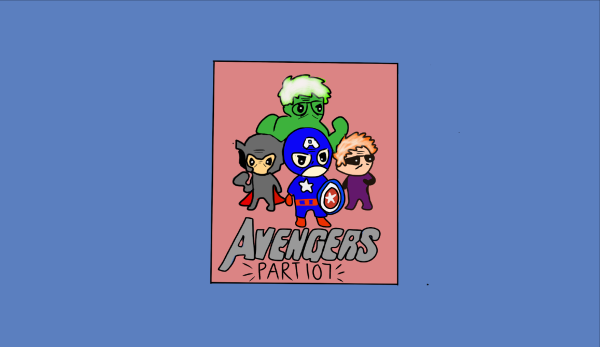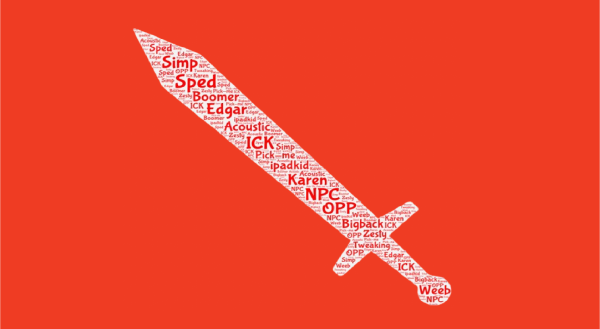Empowerment of men
In modern media, men are often portrayed as misogynistic, sex-hungry and hateful toward women. There is no doubt that there are such men in the world, but most simply do not possess these traits. This mischaracterization of men is incredibly worrying and leads many of them to believe they have no worth. The lack of positive male representation creates a need for someone to tell them how to bring meaning to their lives, causing people like Andrew Tate to become popular.
On October 5, 2018, “The Week” published an article by journalist Damon Linker titled “Men are the worst.” Linker is a male, writing an article about how men are terrible. Not only does this show that it is a widespread opinion, but it also shows that this is prevalent enough that men are calling themselves — and other men — trash. This belief that all men are bad creates a culture of hate towards men who do not fit into the negative stereotypes, which is extremely counterintuitive.
If people believe that all men are truly evil and hate all women, that becomes an excuse for people to harm men, unprovoked. This pattern bears a striking resemblance to scapegoating. Marginalization like this can lead to negative outcomes, such as the widespread villainization of men. However, the truth is that most of us are simply trying to get by and not fall into trouble.
Perpetuating hateful stereotypes of men may hinder progress toward gender equality, and blaming men as a whole is counterproductive to achieving a fair and just society. Consequently, it is understandable that men may seek out someone who offers them a sense of purpose or direction.
Andrew Tate, a media personality known for his misogynistic views, gained popularity by promoting a message of masculinity and empowerment to men who felt marginalized by negative stereotypes. Despite his controversial beliefs and behavior, his message resonated with many men who were seeking guidance and purpose in their lives. Though it may be concerning, his popularity highlights the importance of providing positive and inclusive representations of men, without resorting to harmful stereotypes or divisive rhetoric.
The term misandry is widely used to refer to the dislike of, contempt for or ingrained prejudice against men. However, there are still people who argue that misandry is a fake concept. For instance, author Louise O’Neill writes “This definition [of sexism] would seem to imply that either gender can be sexist but …that isn’t true. It is impossible for women to be sexist towards men.” This is proof that while society has widely recognized misogyny as a real problem, misandry has not received the same level of acknowledgment.
However, misandry is a real concept, and while not as prevalent as misogyny, it still exists in our societies. A major example of misandry is the belief that men cannot be victims of rape or sexual assault/harassment. This is disproved chiefly by the Depp vs Heard case in which it was proven that Johnny Depp was harassed by his ex-wife Amber Heard consistently during their marriage.
Additionally, movements such as the #killallmen movement are harmful and could be considered misandry, as they perpetuate the harmful stereotype that violence against men is justified. This desensitizes people to the idea of harming men, which is a step in the wrong direction for achieving equality. It is worth noting that if the situation were reversed, and a man was to say “kill all women,” it would rightfully be considered unacceptable. This hashtag was created to highlight bad encounters women have had with men, but the result can be the perpetuation of the harmful stereotype that all men truly are bad.
These stereotypes will not go away on their own, and if men continue to receive hate, people like Andrew Tate will keep popping up. It is crucial to acknowledge that misandry is a problem, even if it may not be as prevalent as misogyny. The solution starts with recognizing that not all men are evil. So please, next time you think we should #killallmen, remember that most men are not bad people and are simply trying to keep out of trouble.



